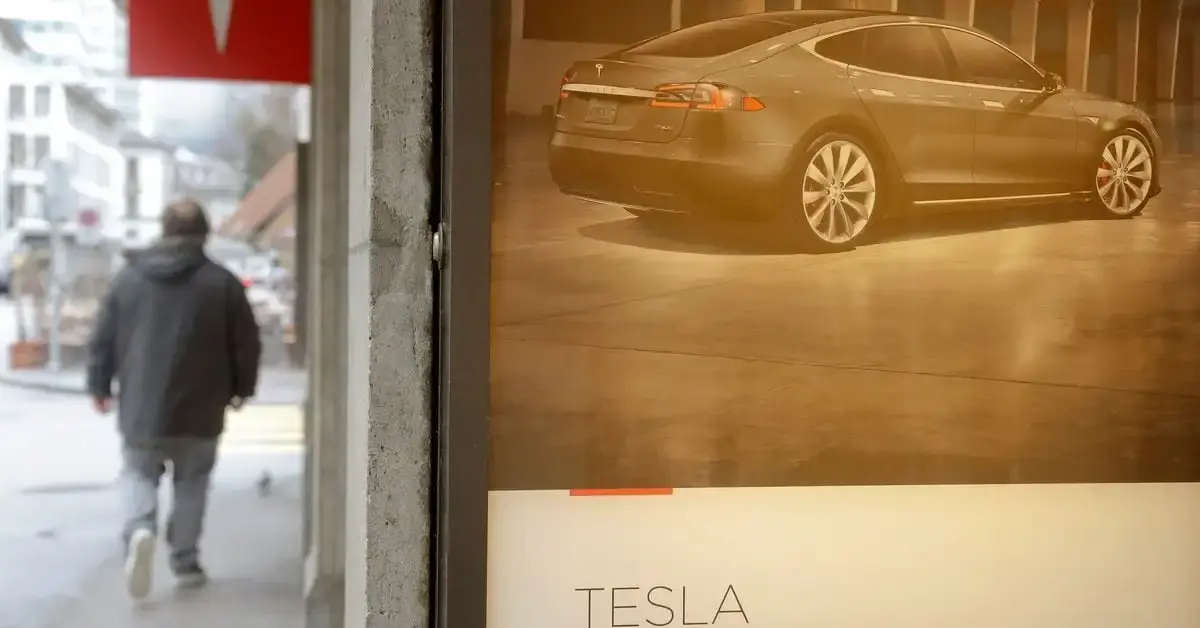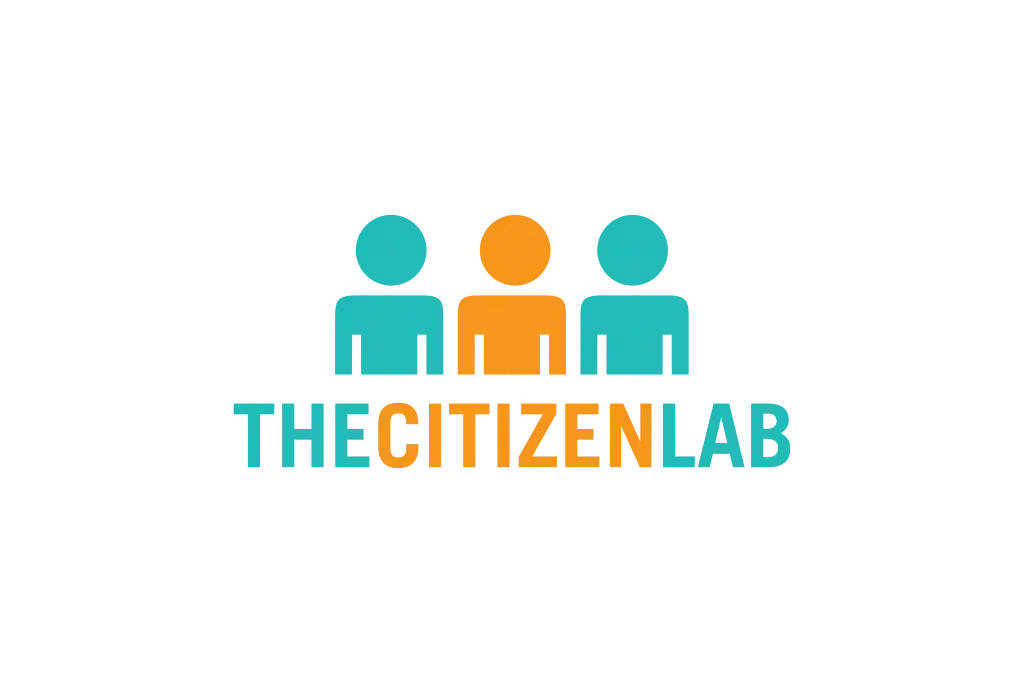- 88 Posts
- 33 Comments

 2·1 year ago
2·1 year agoYou’re right. A blockchain doesn’t solve the double-spending problem, so don’t create decentralized payment networks. Let’s use something like Paypal instead, you know, the one that will sooner or later merge with this single-letter company.
You can also use Google Pay or Apple Pay, and developers can use their stores to monetize their apps. Just 30% or so commission and the apps ‘adjusted’ to the stores’ rules (to be fair, there are not really soooo many trackers, right?).
Proof of provenance isn’t a use case either. Use Amazon servers. Microsoft Azure. They store all the data, and it’s safe.
We don’t need companies like drife.io or particl.io. We have Uber and Amazon. Centralized services are much better. They are so good for humanity that their companies don’t even have to pay taxes.

 2·1 year ago
2·1 year agoThe cult of the dead cow has recently announced promising projects. I’m also looking forward to them.

 2·1 year ago
2·1 year agoI agree on what you say about the ways PDFs are used today, but back in the 1982 the world was different. Back then it was a useful thing imho.

 14·1 year ago
14·1 year agoThere’s is also Jstor Open Content and Sci-hub, just fyi.
Edit: I forgot libgen (simply speaking, libgen is for books what sci-hub is for papers).

 1·1 year ago
1·1 year agoWorldcoin’s latest funding round was back in the fall, it raised USD 115m from the venture fund Blockchain Capital as lead investor, other investors included a16z crypto, Bain Capital Crypto, and Distributed Global.
In 2021 and 2022, there have been at least 3 other funding rounds with a total volume of at least USD 215m.

 2·1 year ago
2·1 year agoLast year the MIT Technology Review published an extensive research report. It’s a very long read but it’s worth the time if I may say so.
Our [MIT] investigation revealed wide gaps between Worldcoin’s public messaging, which focused on protecting privacy, and what users experienced. We found that the company’s representatives used deceptive marketing practices, collected more personal data than it acknowledged, and failed to obtain meaningful informed consent. These practices may violate the European Union’s General Data Protection Regulations (GDPR)—a likelihood that the company’s own data consent policy acknowledged and asked users to accept—as well as local laws. […]
Pete Howson, a senior lecturer at Northumbria University who researches cryptocurrency in international development, categorizes Worldcoin’s actions as a sort of crypto-colonialism, where “blockchain and cryptocurrency experiments are being imposed on vulnerable communities essentially because…these people can’t push back,” he told MIT Technology Review in an email.

 8·1 year ago
8·1 year agoI agree with what you say about inequality and get your point, though I am not sure whether exactly these individuals were in urgent need of extra 50 bucks. A major point here is information and education here (or, better, the lack of it).

 16·1 year ago
16·1 year agoWhether or not we call it slavery, it is for sure a gross exploitation of labour. The article reminds us that we in the so-called ‘western world’ can only afford their luxury life because there’s someone elsewhere who pays the price.

 5·1 year ago
5·1 year agoSo it’s not actually a smartphone vulnerability as much as it is an SMS vulnerbility?
It indeed is, that’s right. I changed the headline. Thanks.
In addition to what is already mentioned, you may consider andisearch.com

 1·1 year ago
1·1 year agoFair. It’s one thing if right wingers flock there and another if Meta tries to take advantage of it, though. I posted a second article in this thread.

 4·1 year ago
4·1 year agoIt seems we agree to disagree. The point I make is pretty clear, and it doesn’t make sense if you repeating your arvuments over and over again.

 9·1 year ago
9·1 year agoIt’s not forced on you. If you don’t download Threads and log in, you’re not on threads.
Although that’s technically true, it is clear what Meta is doing here (and even if most may know that the company sucks, I personally feel it is important report on things like that). Meta’s tactics should create a hype making people believe there are substantially more users than there actually are. The mass of people won’t recognize (or even care?) what’s going on I’m afraid.

 11·1 year ago
11·1 year agoThat’s what I thought, too, but unfortunately I feel somehow there’s more to come.

 1·1 year ago
1·1 year agoI agree there are many forms of contribution (e.g., writing code if you’re a developer), it must not necessarily be money, but am not sure whether I understand what you mean.

 16·1 year ago
16·1 year agoI guess the first thing all people needed to do is self-hosting (Yunohost, Nextbox, or the like), and the second thing is paying for Open Source software they use (if they can pay, as digital communication should be free very much like the commons -fresh air, drinking water- but those who can should pay imo.)
There is also ClassyShark3xodus

 1·1 year ago
1·1 year agoYou could use finger prints or eye scans, but the effort to set up the infrastructure to do so would be massive.
I am not so sure whether that’s true. If people accept that, it could be done on a large scale, and the interest by federal states and technology companies is already as I assume.
Even if all the hurdles could be overcome and a real id system could be created, is that something we would want?
No. There are too many drawbacks of such a system. For example, the commodification of biometrics and other personal data by private tech companies would further decrease human dignity. Biometrics could too easily lead to discrimination as many biometric features reveal pathological and/or biological conditions. For examples, a certain range of fingerprint patterns can be related to some vascular diseases.
If your property is secured by biometric data, there is also a danger that thieves physically assault and intimidate the property owner to get access to the property. The result could be an irreversible damage to the owner that could by far exceed the value of the property they want to protect. In 2005, for example, thieves chopped off a man’s finger to steal his car which was protected by a fingerprint recognition system.
If a person’s biometric data is compromised, it cannot be reissued like a password could. That would leave this person vulnerable for future identification processes and their potential misuse.
I could elaborate much more on this, but I guess you got the point. If we continue turning human beings into data points by using biometric data, we dehumanize the person imo. The issue goes far beyond privacy and surveillance as it is much more about human dignity and individual autonomy. In the end, it is a threat to democracy.
It encrypts and routes your entire internet traffic (email, messenger, …) through a multi-layered network which they call “mixnet”. That makes your communications private and hides your metadata (your IP address, who you talk to, when and where, etc.).
See more at https://nymtech.net



















YouTube Says New 5-Second Video Load Delay Is Supposed to Punish Ad Blockers, Not Firefox Users